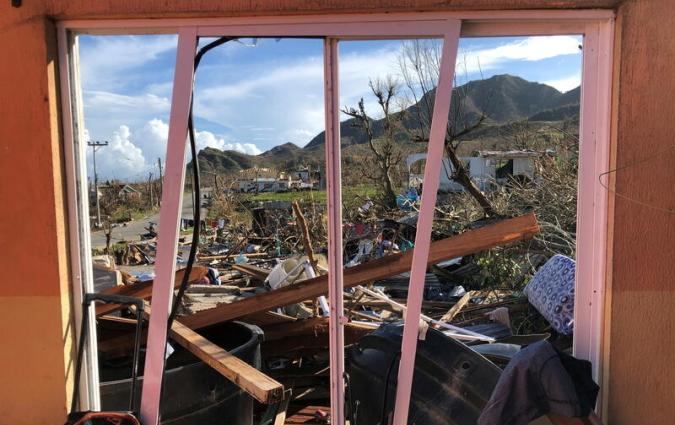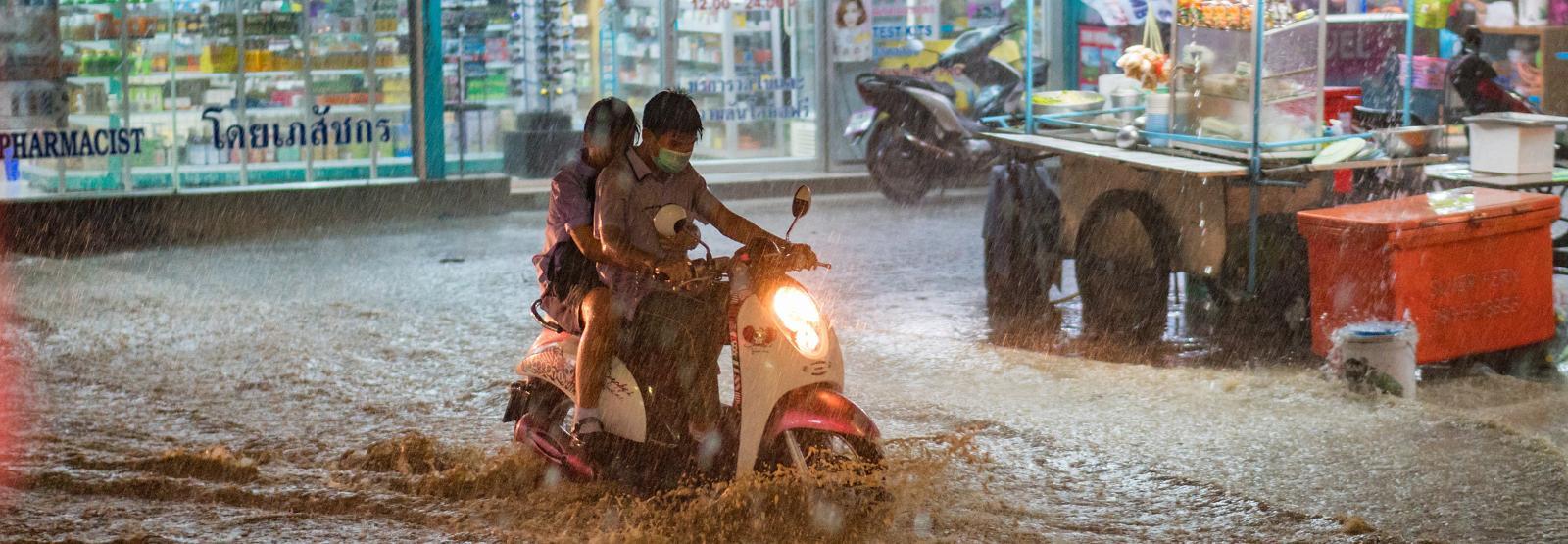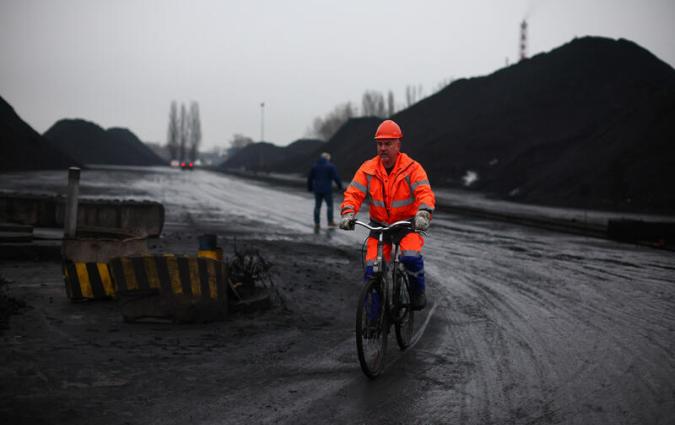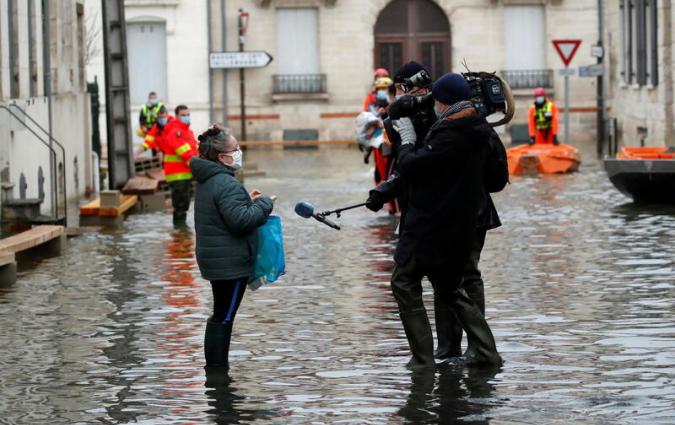Essays from our climate network
How do we write about climate change in a way that sidesteps polarisation? How do we connect climate change to our heritage, or explain important context to audiences, or attempt to get information from our own governments? How do we create great climate journalism when resources are strained, and journalists are under mental pressure?
The following essays set out to address all these questions, and more. Over the summer and into the autumn of 2023, we'll be publishing one essay a week from an alumni of the Oxford Climate Journalism Network (OCJN) around the world on how to make climate journalism better. The OCJN is a program at the Reuters Institute that works with reporters and editors around the globe to improve climate literacy in newsrooms and help build engaging and impactful climate journalism.
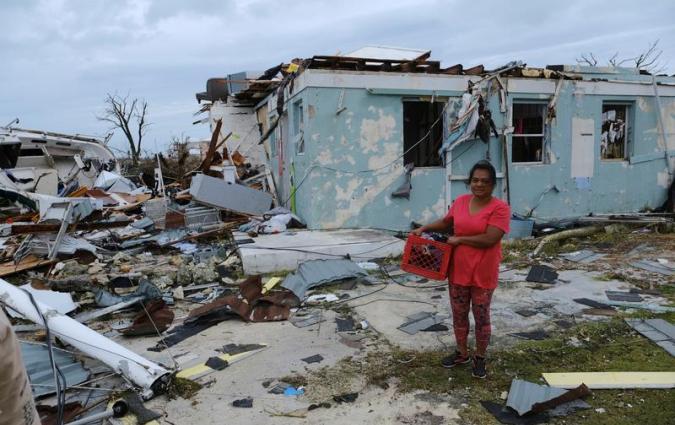
Newsrooms should develop a mental health strategy to help climate journalists cope
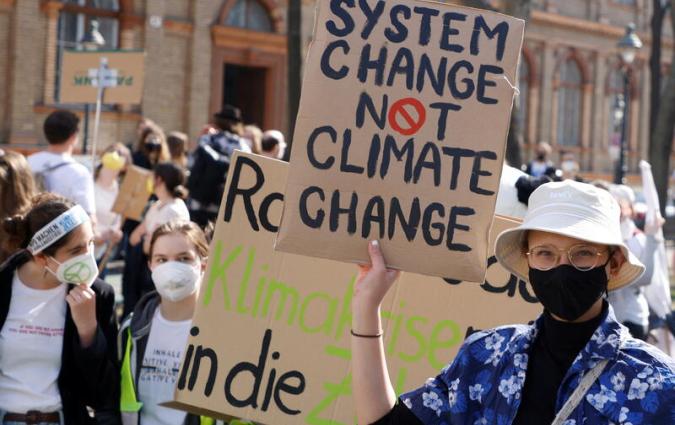
To cover climate change well, journalists must be prepared to identify what misinformation looks like
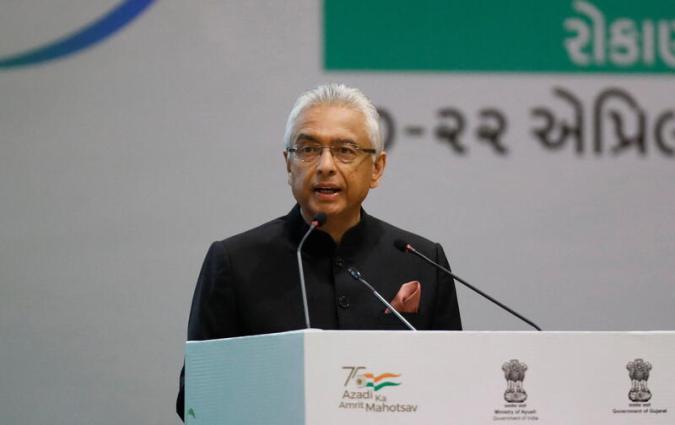
When it comes to “green” finance, journalists must be willing to dig behind the jargon

Climate journalists need to connect the dots between climate change and the invasion of Ukraine
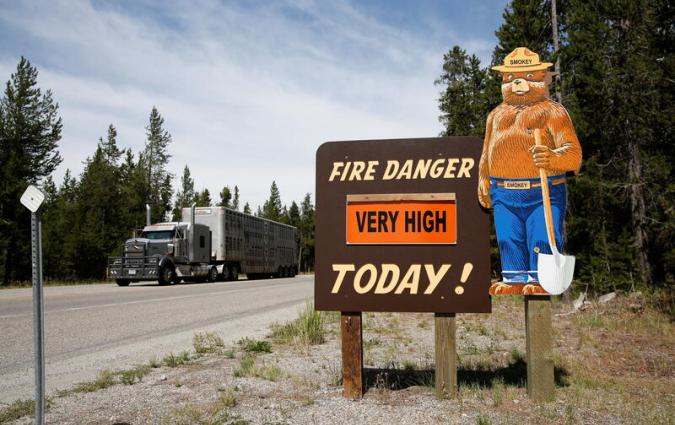
To cover the aftermath of extreme disasters, journalists must start covering what we cannot rebuild

To help journalists cover rising temperatures, newsrooms need to start with climate literacy
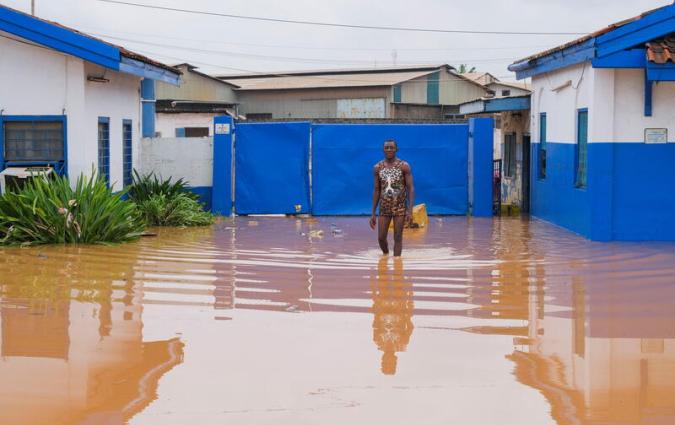
To cover climate change in resource-strapped newsrooms, journalists need to embrace collaboration
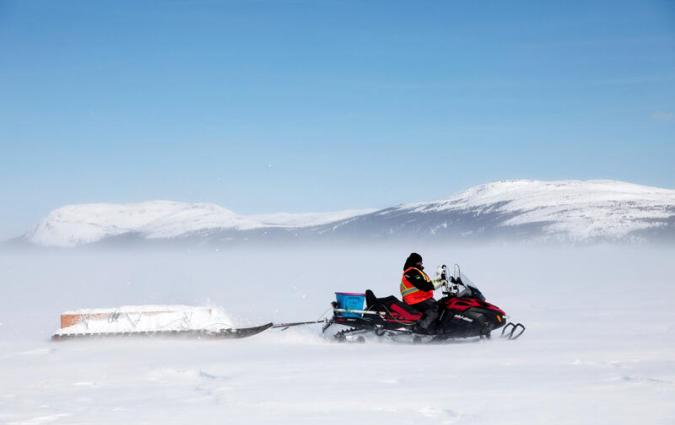
To report fully on climate change, journalists need to integrate Indigenous knowledge into their coverage
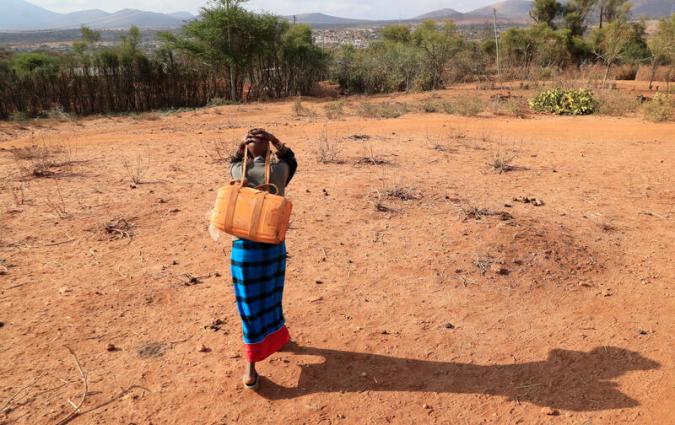
To cover climate change, journalists need to find creative ways to fund long-term reporting
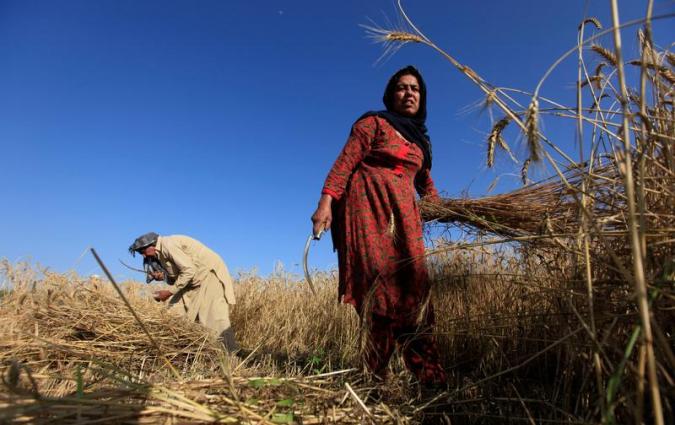
Climate journalists need persistence to get good data, including from governments
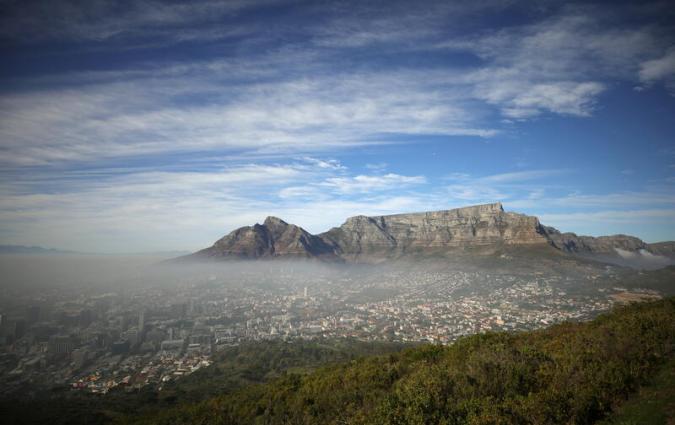
To make climate change resonate with audiences, connect it to their heritage and culture
